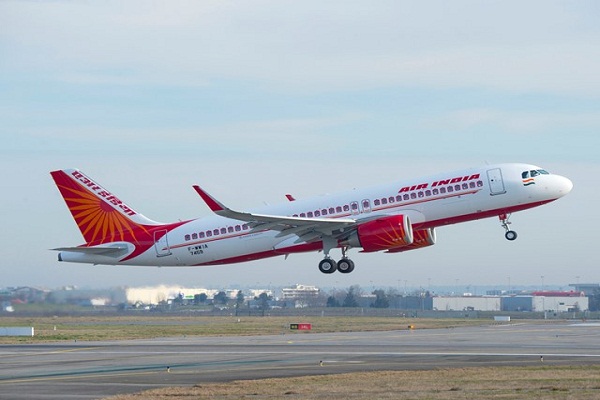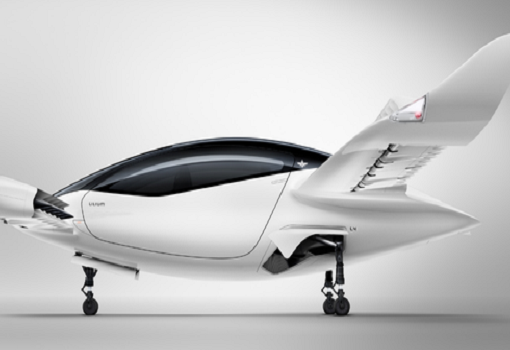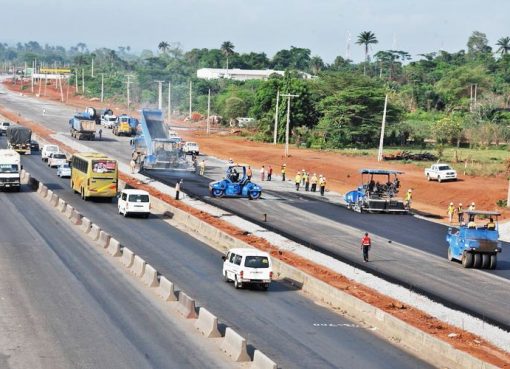Neutralising carbon emissions is a universal concern. Be it aviation companies or start-ups, organisations are doing their bit for the environment.
This point was made at the recent Airbus India TAKE OFF 2022. “We focus on sustainable aerospace for safe travel. Around 63 per cent of our fleet is fuel-efficient. Before 2030, our goal is to launch certified commercial aircraft that run on sustainable fuel. By 2035, we want to take aircraft on service. Batteries and green hydrogen are other opportunities that could be explored,” said Siddharth Balachandran, head of innovation and scale, Airbus India and South Asia.
Airbus, a pioneer in the aerospace industry, operating in the commercial aircraft, helicopters, defence and space sectors, is on a green route. Another dimension is that of digitalisation, wherein opportunities could range from artificial intelligence (AI) and data analytics to intelligent simulations. Mixed reality could be tapped to identify and measure damage.
Storage and production are other areas that could generate employment. “Our company introspected, analysed and assessed the technology and innovation team during Covid. They have brought them together for laying a roadmap for disruptive technology. The roadmap includes research opportunities to put applied research for industrial purpose, besides focusing on the latest generation of aircraft,” added Balachandran.
A combination of technologies as well as the engineering talent pool has made India a good investment hub. Around 80 per cent of the commercial domestic aircraft flown in the country are from Airbus. The Indian story goes back to 1962 when Chetak happened. Chetak is the oldest helicopter in the Indian Air Force (IAF) and has been used for transporting cargo and rescue operations. Hindustan Aeronautics Limited (HAL) began to manufacture the Chetak helicopters under licence from French-owned Sud Aviation, a precursor of Airbus.
In the defence sector, the company works with the Government of India (GoI). Last year the government decided to replace some of the planes of the IAF with Airbus C295. The government has approved a deal with Airbus Defence and Space of Spain to buy 56 C-295MW transport aircraft. Of these, 40 will be assembled in India and the remaining ones in Seville, Spain. “Various joint ventures and partnerships in India could help strengthen our ecosystem. We are working with start-ups and regulators, besides networking with the local ecosystem. By 2050, our aircraft will be fully decarbonised. The Indian engineering footprint has demonstrated strong competencies in aerospace and digital field. We make in India and for the world,” observed Frederic Combes, VP and head of engineering, Airbus India and South Asia.
To think of it, carbon neutrality in aviation may not be able to reach out to all the people, simply because everyone doesn’t fly. It’s a rarefied atmosphere up there, which not everyone can afford. That’s why climate tech start-up Climes.io decided to make carbon-neutral initiatives accessible to one and all. “As per OECD (Organisation for Economic Co-operation and Development) it is estimated that annually $6.9 trillion is required up to 2030 to meet climate and development objectives,” said Anirudh Gupta, co-founder of Climes.io, which aims to democratise climate action. It has chalked out measures to enable people (like you and me) to do their bit for the environment. Climes.io has partnered with consumer brands that want to go climate-friendly. That means when people order or buy something from such brands, they get to see emissions specific to their order. Then buyers have the option of choosing to take climate action through various green projects curated by Climes.io. The Airbus event aimed to be carbon-neutral as invitees could participate in Climes.io initiatives like forest conservation by scanning a QR code on their smartphone and contributing towards the initiative.
Let’s hope we have more such climate warriors who make carbon neutrality a part of everyone’s lives.
Source: E&T










